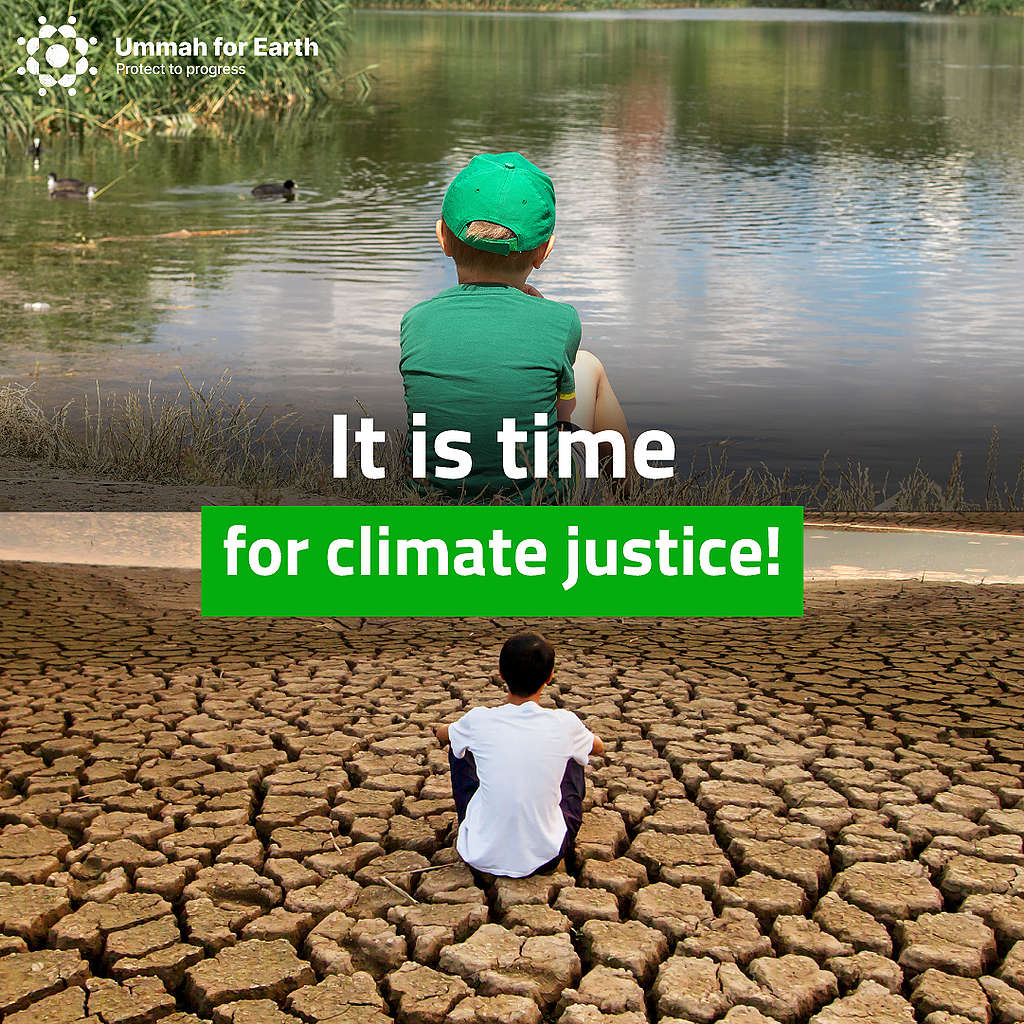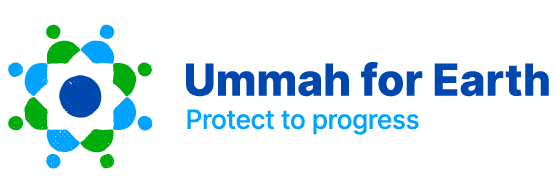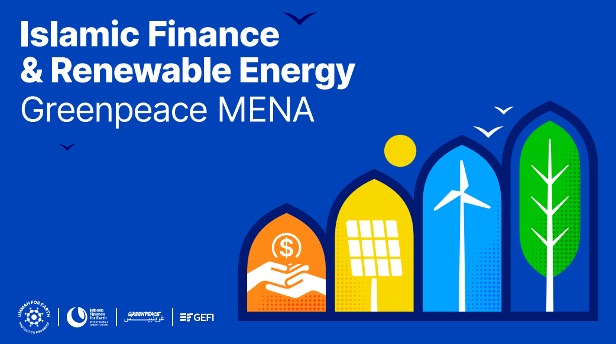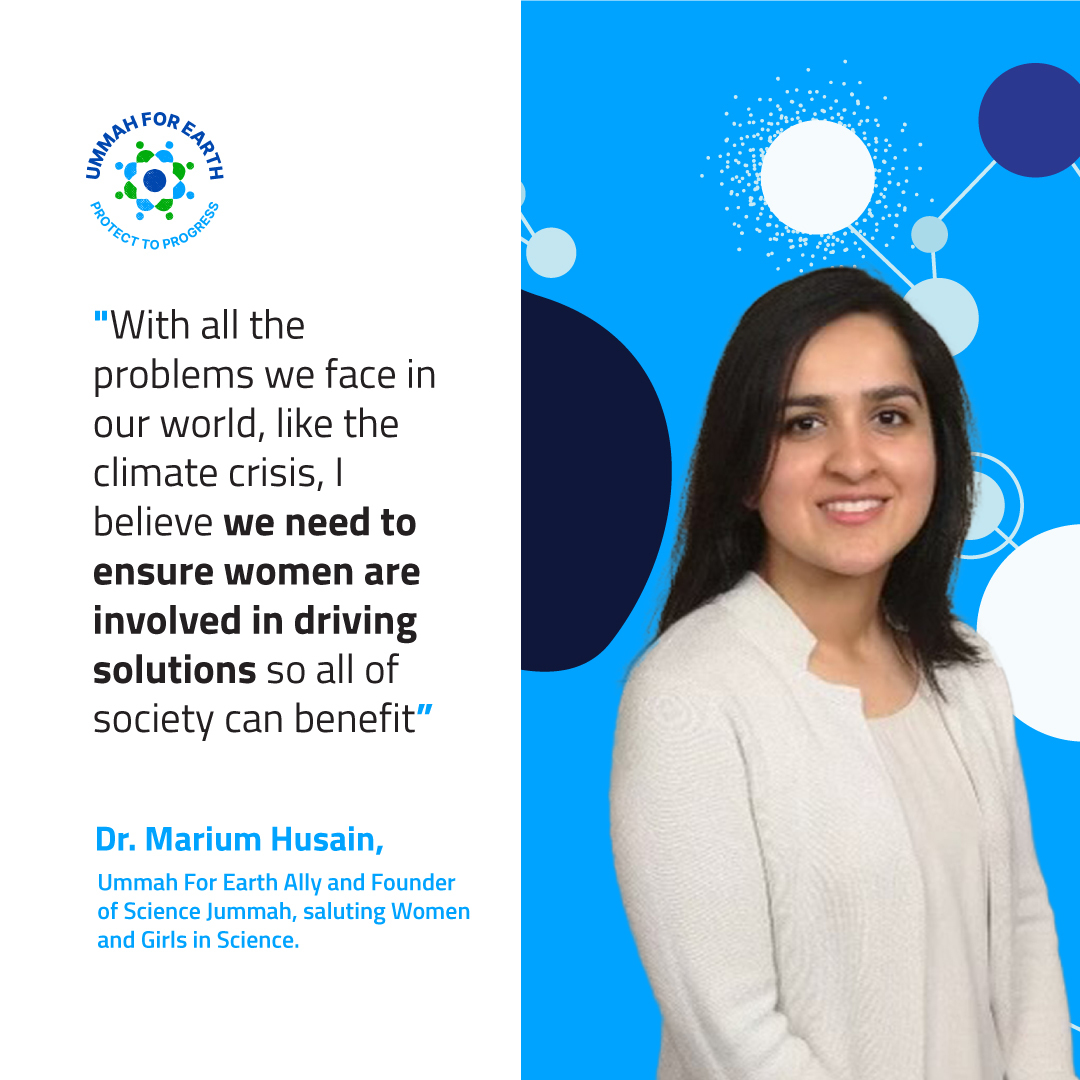Climate change affects us all, yet some more than others. Adaptation and climate resilient recovery need to be just and universal, yet some are excluded.

It’s now evident that climate change is a day-to-day reality and an urgent global crisis. Many of its manifestations are already being witnessed to the detriment of impacted communities worldwide, who suffer the effects of climate change on their lives and livelihoods due to factors such as more severe and more frequent droughts, extreme weather events such as floods and heatwaves, and the related impact on agriculture, food security and the cost of living.
The global efforts to find solutions, cooperate and adapt are translated into yearly reports, initiatives, changes in policies, and international conferences namely the IPCC reports and COPs. However, climate justice seems to be out of reach: it is still a fact that the countries and communities which have least contributed to the climate emergency are paying the highest price, while those who contributed most to the crisis are yet to take responsibility for their part.
What is climate justice?
Climate justice begins with the recognition that climate change can have adverse and unproportionate impacts on different countries, communities and groups, meaning the presence of disparities in terms of climate change impacts.
The term also points out that low-income communities and marginalized groups have borne the worst outcomes while they were the least responsible for the problem.
Climate justice entails the notion that developing countries do not have the equal means to recover and adapt, and that climate change impacts can worsen inequitable socio-economic conditions, so it is “the idea of equitable distribution of both burdens and benefits”.
Climate Justice from a Muslim perspective
“In the wealth of the rich lies the rights of the poor”, Imam Saffet Catovic
Muslim religious traditions invite us to protect and defend the right of the most vulnerable and impacted communities, and to speak for each other. As the majority of Muslim people reside in the countries of the Global south, where climate change hits the most, it is the responsibility of our Ummah to recognize this issue and address it as part of human stewardship of the Earth and all life upon it.
Global South: Climate justice is more than an environmental issue
We live in a region of constant conflicts and socio-economic troubles. We may have concerns including the cost of living, keeping ourselves safe, power cuts and many others as priorities when the last thing that comes to our minds is the climate issue.
Yet, climate change is no longer just an environmental matter, it is also a major element affecting our political, social and economic situation, especially in the MENA region where climate impact is having a direct and considerable impact and strain on our existing systems.
For years now, human activity, industrialism and colonialism have been laying their weight on the Global South and the MENA region. We have suffered enough from the consequences of injustices, because of which the MENA region will be facing the impacts of climate change faster and stronger in comparison to other regions, and might not have the proper tools and resources to face it and adapt. We need to hold our governments accountable to accelerate just transition to renewable energy, and we need knowledge transfer and fiscal compensation from North countries who are historically responsible for the climate crisis to do so.
It is utterly important that developed countries lend a hand whether through financing or sharing any knowledge that might be useful in combating the effects. And that big polluters pay and are held accountable to safeguard our rights to a healthy and safe environment. It is our role, our time, and our responsibility in the region and as part of the Global South to raise our voices ahead and during COP27 to pressure world leaders and governments to align and deliver our requests.
Share with us in the comments, how has your country been impacted by the climate crisis and how has that affected life within your community?



